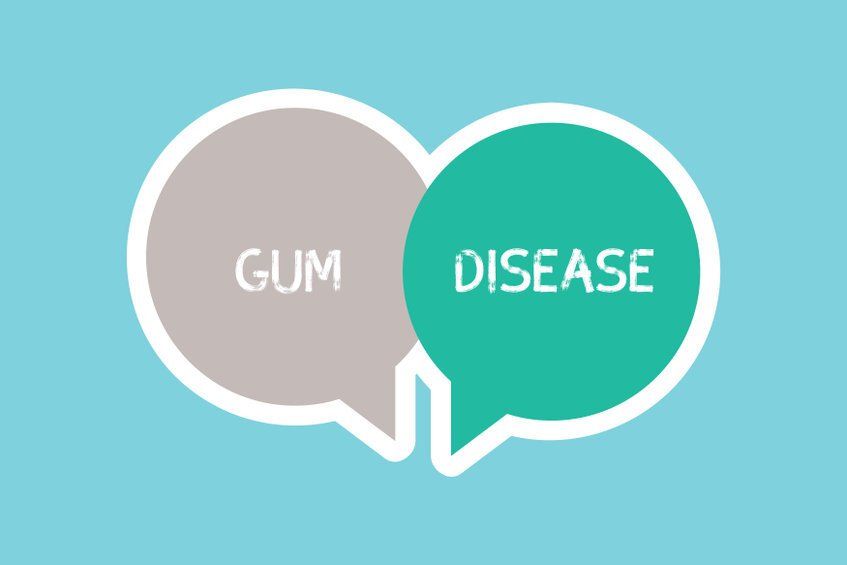Six Reasons Why You Should See a Periodontist To Examine Your Gums!
- By Mary Marks
- •
- 14 Jul, 2021
- •

Periodontal disease is the medical term for gingival disease. The term can be used to refer to a whole spectrum of manifestations of gingival disease, including gingivitis, which is a mild form of this condition, but is more commonly used to refer to the second, more advanced form of gingival disease, periodontitis. .
Periodontal disease is one of the ten most common diseases that affect people and is the main cause of tooth loss in adults, so it is important to know about this condition and to have a Denver sedation dentistry dentist perform a deep cleaning.
If you do not stop the disease from developing, right from the first stage (gingivitis), it can progress to periodontitis, which is a chronic inflammatory condition that affects the periodontium - the collective name for the tissues, ligaments and bones that hold teeth fixed in place. If left untreated, periodontitis can severely affect these structures and eventually lead to tooth loss.
Periodontology is the branch of dentistry that deals exclusively with gingival disease, and the periodontist specializes in the prevention, diagnosis and treatment of periodontal disease.
Six reasons why you should see a periodontist now:
1. Loose teeth
2. Receding gums
3. Pain and discomfort
4. Bite changes
5. Red, swollen, or bloody gums
6. Gum abscess and sensitivity.





Although oral sedation dentistry Highlands Ranch is one of the optionsavailable for managing anxiety and discomfort during oral surgery, you certainly do not need to use it all the time. As a matter of fact, the exact type of sedation or anesthesia that you receive during oral procedures may depend on various factors, such as the complexity of the procedure, your medical problems, as well as your doctor’s preferences.
There can be several different levels of sedation that can be used in oral surgery. Local anesthesia is one of them. This involves injecting anesthetic medication into the specific area where the surgery will take place. It numbs the area and is often used for less invasive procedures.
Oral sedation involves taking medication in the form of a pill to induce a state of relaxation and drowsiness. The patient is still conscious, but he/she may not be fully aware of the procedure. At any rate, sedation helps him/her get rid of anxiety.
In the case of intravenous sedation, medication is administered through a vein, which induces a deeper state of sedation than oral sedation. Patients may still be conscious, but they are less aware of their surroundings and may not remember the procedure.





